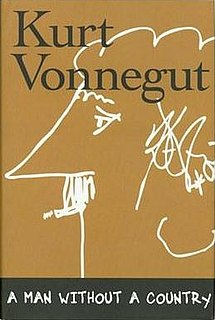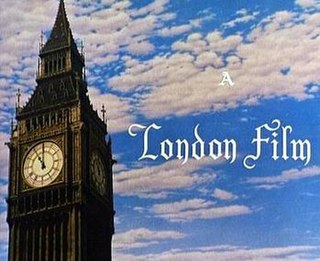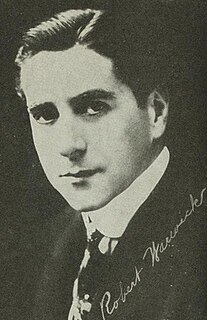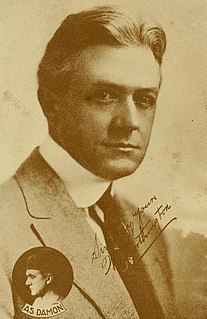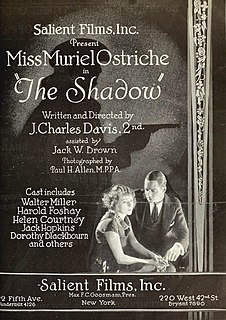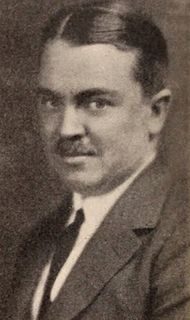" The Man Without a Country " is an 1863 short story by Edward Everett Hale.

"The Man Without a Country" is a short story by American writer Edward Everett Hale, first published in The Atlantic in December 1863. It is the story of American Army lieutenant Philip Nolan, who renounces his country during a trial for treason and is consequently sentenced to spend the rest of his days at sea without so much as a word of news about the United States. Though the story is set in the early 19th century, it is an allegory about the upheaval of the American Civil War and was meant to promote the Union cause.
The Man Without a Country may also refer to:
- The Man Without a Country (1917 film), an American silent film adaptation of the short story
- The Man Without a Country (1925 film), directed by Rowland V. Lee
- The Man Without a Country (1937 film), a short, and a remake of the 1917 film
- The Man Without a Country (1973 film), a TV movie
- The Man Without a Country (opera), a 1937 opera by composer Walter Damrosch
- The Man Without a Country (album), a 1947 album narrated by Bing Crosby

The Man Without a Country is a 1917 American silent film adaptation of Edward Everett Hale's short story The Man Without a Country. It was directed by Ernest C. Warde, and starred Florence La Badie, Holmes Herbert, and J. H. Gilmour, and released by Thanhouser Film Corporation.
The Man Without a Country is a 1925 American drama film directed by Rowland V. Lee and written by Robert N. Lee. It is based on the 1863 short story The Man Without a Country by Edward Everett Hale. The film stars Guy Edward Hearn, Pauline Starke, Lucy Beaumont, Richard Tucker, Earl Metcalfe and Edward Coxen. The film was released on February 11, 1925, by Fox Film Corporation.
The Man Without a Country is a 1937 American short drama film directed by Crane Wilbur in Technicolor. It was nominated for an Academy Award at the 10th Academy Awards in 1937 for Best Short Subject (Color). It is a remake of the 1917 film of the same name, based on the story by Edward Everett Hale. Actor Holmes Herbert appeared in both versions. A 1925 Fox film based on the story and directed by Rowland V. Lee is now considered to be a lost film.
